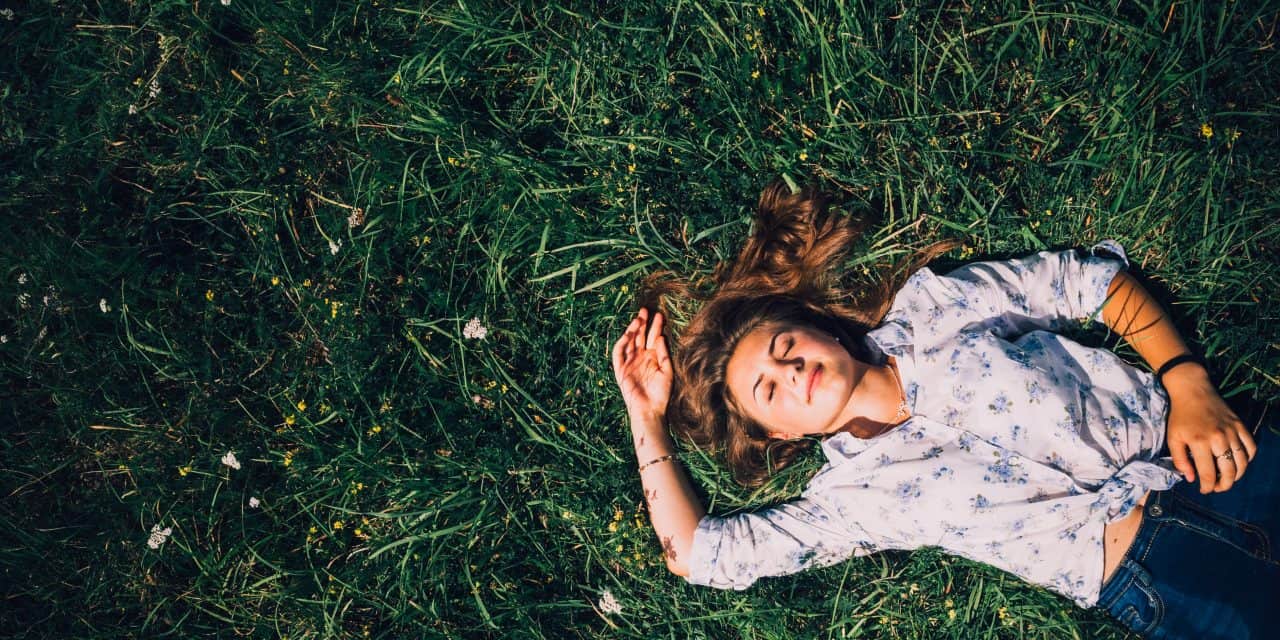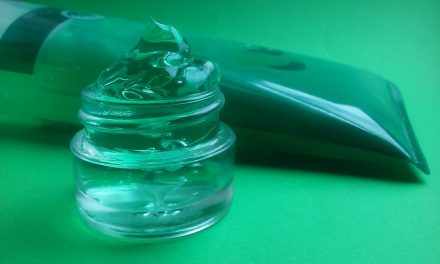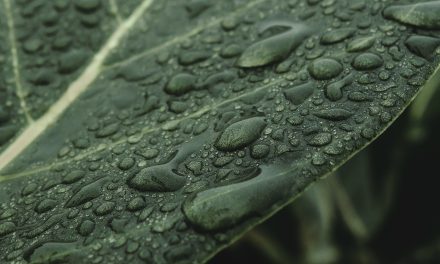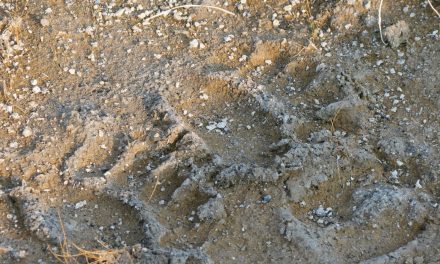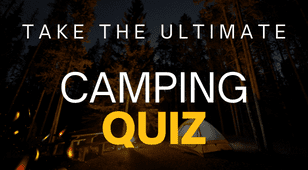A camping trip is fun with no parallel. Every outdoor enthusiast, whether a rookie or an old hand, continually looks forward to another camping excursion. Cowboy campers stop at nothing to have fun in the woods or desert when the camping chi takes sway over them. They don’t mind a tent-free expedition at all.
Perhaps you are wondering if it is safe to sleep outside without a tent when camping.
Yes, you can safely sleep outside without a tent when camping. It’s one adventurous experience – a favorite to the camping connoisseurs. Here’s a low down on everything you need to know about sleeping outside without a tent, tips to hack it, and a few downsides of the whole affair.
But before that…
Why Sleep Without A Tent?
Campers may choose to do without a tent for various reasons. Here are some of them:
Prevailing Weather
A tent may not be very helpful if you are going to camp in a desert when the weather is awfully horrid. The scorching heat that the ground exudes at night may make it unbearable for you to sleep in a tent.
Reducing Camping Costs
Camping can be expensive and can leave your pocket with a dent if you fail to plan appropriately. Therefore, it is prudent to cut back on camping costs as much as you can. Purchasing or hiring a camping tent for a couple of days can be costly.
Security Issues
If the area you plan to camp has marauding gangs of thieves, a tent might render you vulnerable. It is easy to spot a tent from afar, hence the reason why some campers prefer tent-free camping.
Quick Tips for Sleeping Outside Without A Tent When Camping
The major function of a tent is to protect you from the weather and critters when you are out there in the woods or desert. Here are stress-free ways of dispensing with the tent when camping and still revel in your camping experience.
Check the Weather
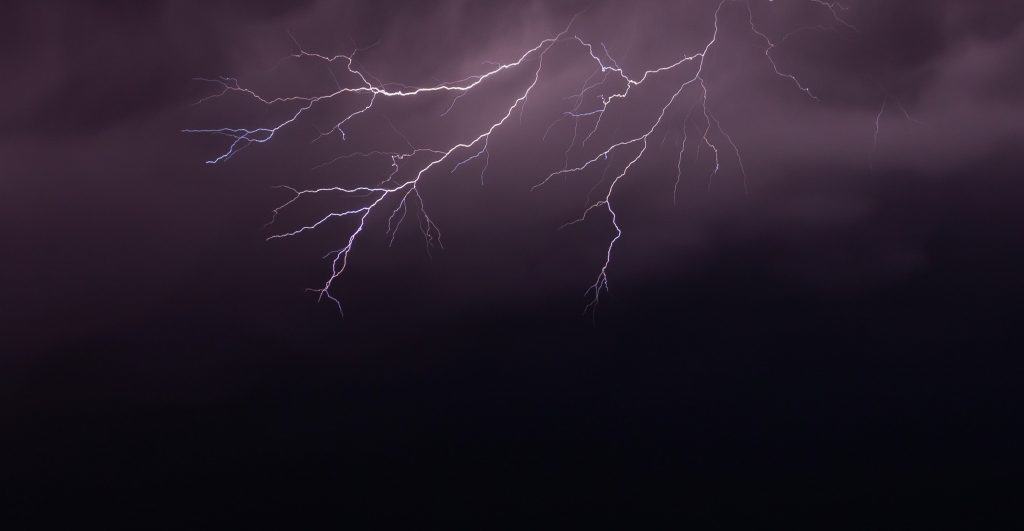
Finding out what the weather is like at the place you intend to camp is critical. You should check it before setting out for the camp. You’ll receive a horrible camping experience should you choose to camp in a spell of torrential downpours or windstorms. In the extremes of weather, even a general tent is of little help. For that reason, keep tabs on the weather forecast for the location you plan to visit for a tent-free camping adventure.
A Sleeping Pad Will Come in Handy
A sleeping pad comes in handy after trekking the day away, and you’d like to sleep off the fatigue. It provides you with great relaxation. Moreover, it lifts your body off the ground to reduce the odds of getting wet from dew or moisture from the ground. The pads fall into two clusters: Pump-up and foam sleeping pads.
Pump-up sleeping pads are highly portable when deflated, but that doesn’t mean the foam type isn’t worth your buck. Foam can be equally or even more comfortable and can protect your pad against thorns or spikey objects from puncturing it. The bottom line is both types provide you with some safety and comfort when sleeping outdoors without a tent when camping.
One more tip on this: always keep your sleeping pads rolled up when you are not using them. It keeps them warm and free of small critters that might get into them.
Grab a Bivy Sack
A bivy sack, also known as a bivouac sack, is a vital camping tool and an excellent alternative to a tent. It’s even lighter than a tent too. With a good quality bivy sack, you can rest assured of great comfort if you happen to be an outdoor devotee.
Just like tents, bivy bags are made of water-proof material and can protect you from vermin besides keeping you warm and dry. However, the top of a bivy is always kept open to avoid suffocation and sweating while sleeping. That, therefore, means you’ll get wet should the skies open up at night.
To avert the likelihood of getting drenched from a runoff, dig a trench around the area you choose to sleep. What’s more, ensure that the ditch slants in a manner that drains water away from the site. Odds are, stagnant water might flow your way once the trench runs over.
Hide From The Wind
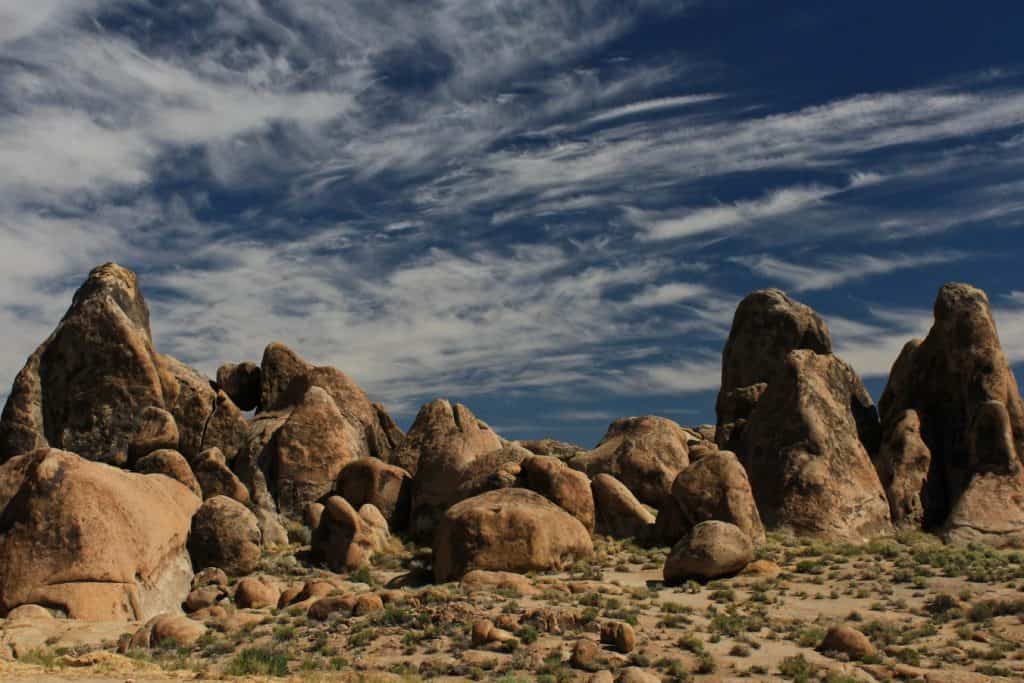
You can hardly catch some sleep in strong winds. Therefore, a tent also aids in breaking the wind. However, you can make the most of what nature has to offer. Whenever we go cowboy-camping, we set our sleeping area in a place that is safe from the wind. The leeward sides of Boulders and hills always do us the trick whenever we sleep outside without a tent when camping. But you’ve to ensure the spot you settle on for your sleeping area isn’t sloppy. You wouldn’t want to roll away when you are asleep.
Additionally, be sure to clear any loose rocks that might roll down to your sleeping area and cause you harm. Sticks and sharp stones are known to cut and damage sleeping pads, especially pump-ups. And so, clear any that you may find in your sleeping area for they might also cause you bodily harm.
Don’t Eat and Sleep in The Same Spot
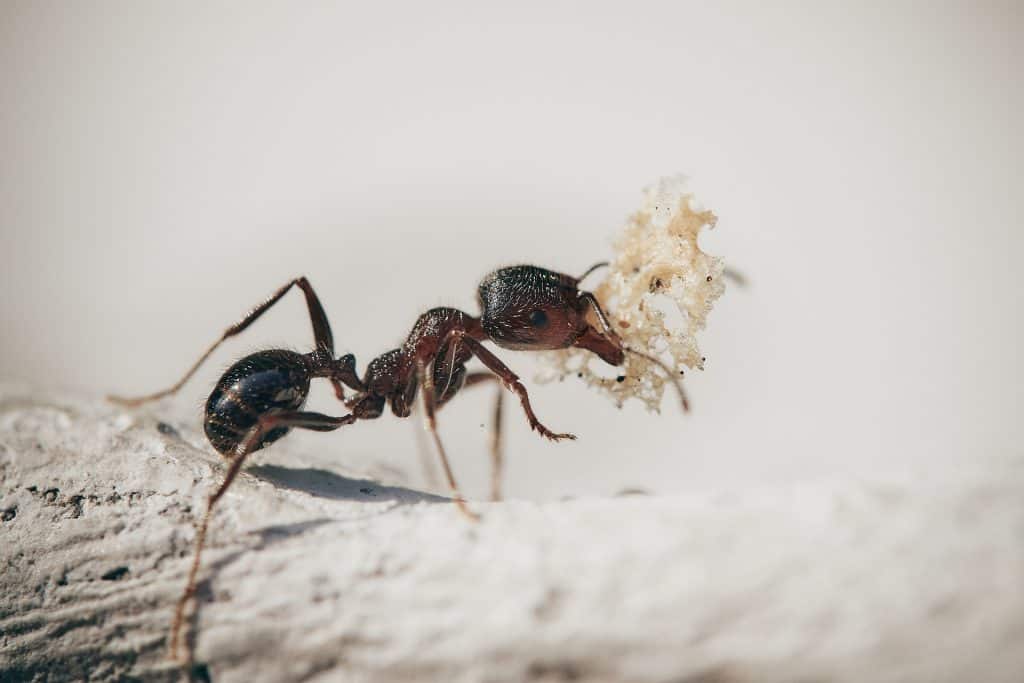
A tent, as it were, protects you from small critters. But did you know you can keep these critters away from your sleeping area when camping? Yes, it’s possible. Most wild animals such as hyenas, jackals, raccoons, and wolfs can catch a scent from very long distances. Food crumbs will unavoidably fall onto the ground while you are taking your meals. And failure to clean up might attract wild animals to your camp and result in a great deal of nuisance, especially from rodents.
Don’t even wash your dishes in the same area you sleep because food remnants from the dishes will attract the animals. You may keep some food to eat later in the night should your blood sugar levels go down. Just ensure you keep the foodstuff in your bear bag and pitch it in a tree. Doing so will hinder the animals from reaching it when they come rummaging for food at night.
Erect a lean-to
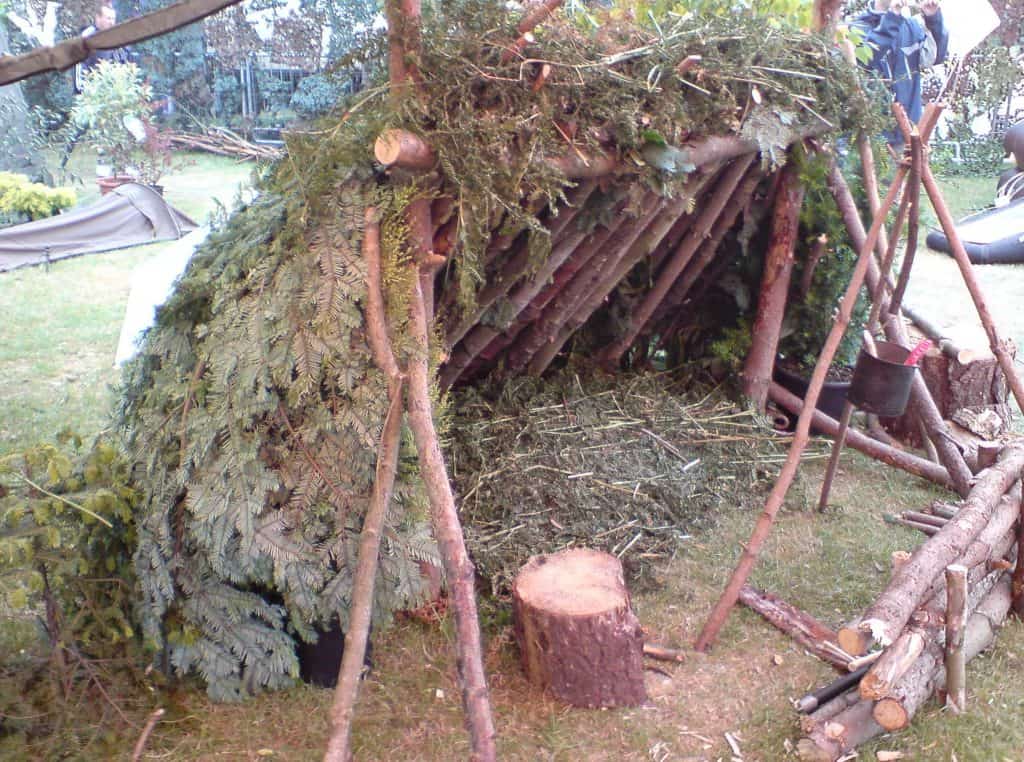
Be creative and build your shelter using tree branches and leaves. The simplest way to do it is by identifying a big tree at the place where you want to sleep. You can then slant in place a robust branch against the tree and fasten smaller cross-pieces to the branch, thus creating a sloping shed. Finally, cover the cross-pieces with leaves and undergrowth for further protection. In case you have a tarp, lay it over the shed for an additional water-proof layer.
When it won’t work
Dispensing with a tent during camping might be somewhat challenging under the following circumstances:
- When you have someone with an asthmatic condition within your camp.
- If the campsite is full of vermin and you don’t have an alternative to fending them off.
- If the location you plan to camp has an erratic weather pattern and it happens to rain.
Conclusion
The tips we’ve have covered herein provide you with the right gear you need as a camper. It makes it safe to sleep outside should you want to try out tent-free camping, also known as cowboy camping. However, it’s worth keeping in mind that it all depends on the weather pattern of the place you plan to make the voyage. Be sure to keep an eye here for more tips as soon as we get them from our camping excursions.
- The 5 Best Heated Vests of 2022 - November 17, 2022
- 5 Best Campfire Cooking Tripods in 2021 - October 20, 2020
- 5 Best Camping Generators (Buying Guide) In 2022 - October 9, 2020

